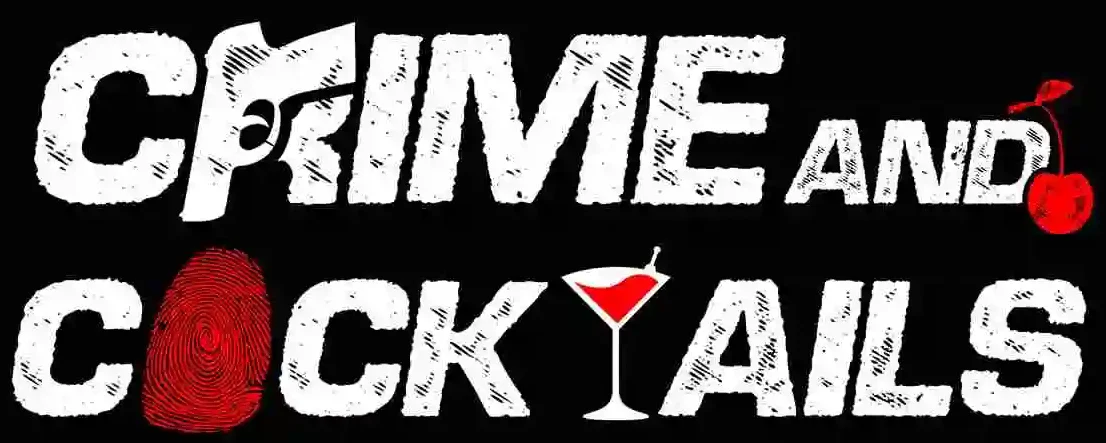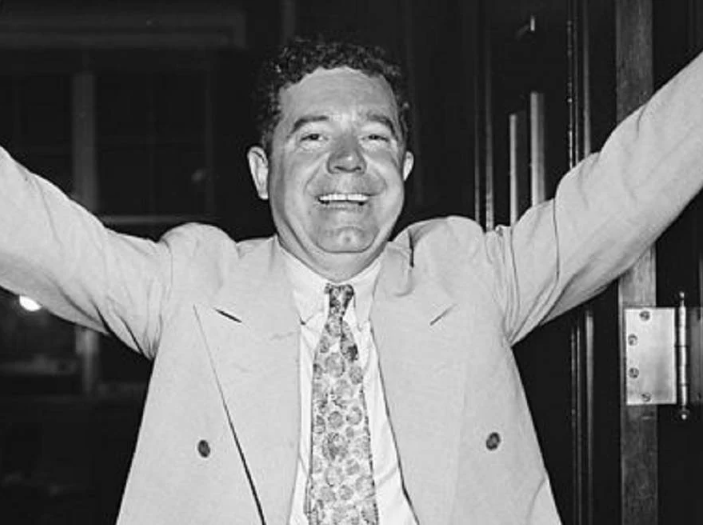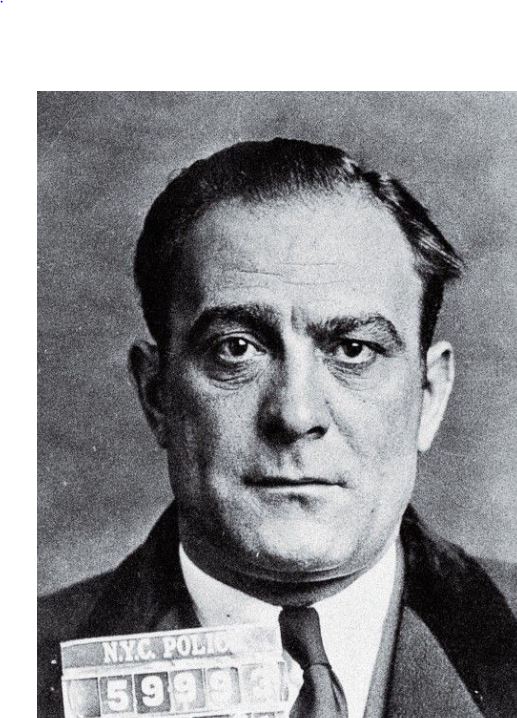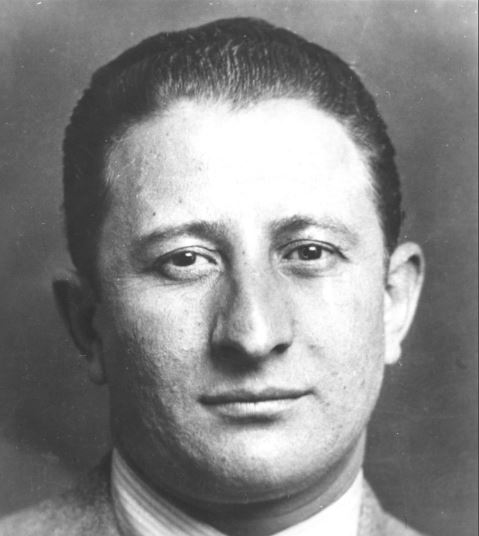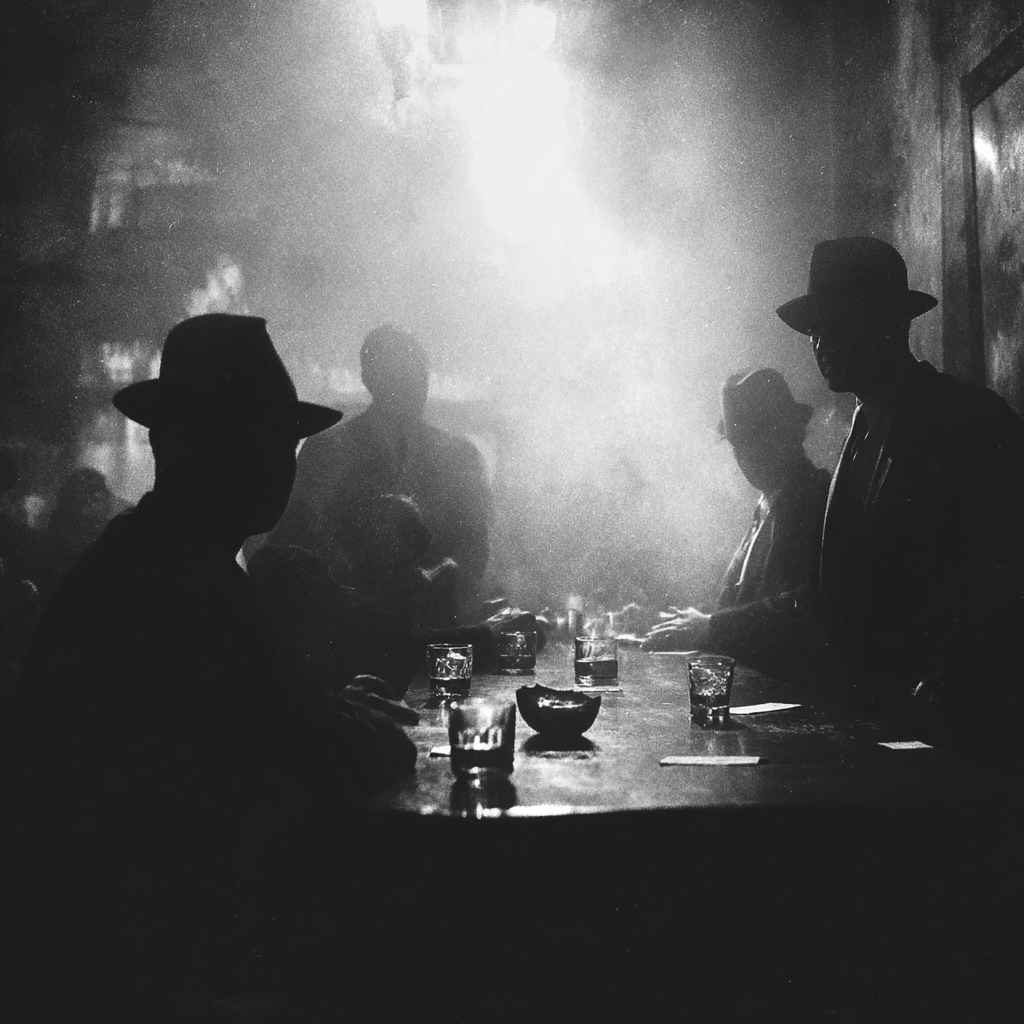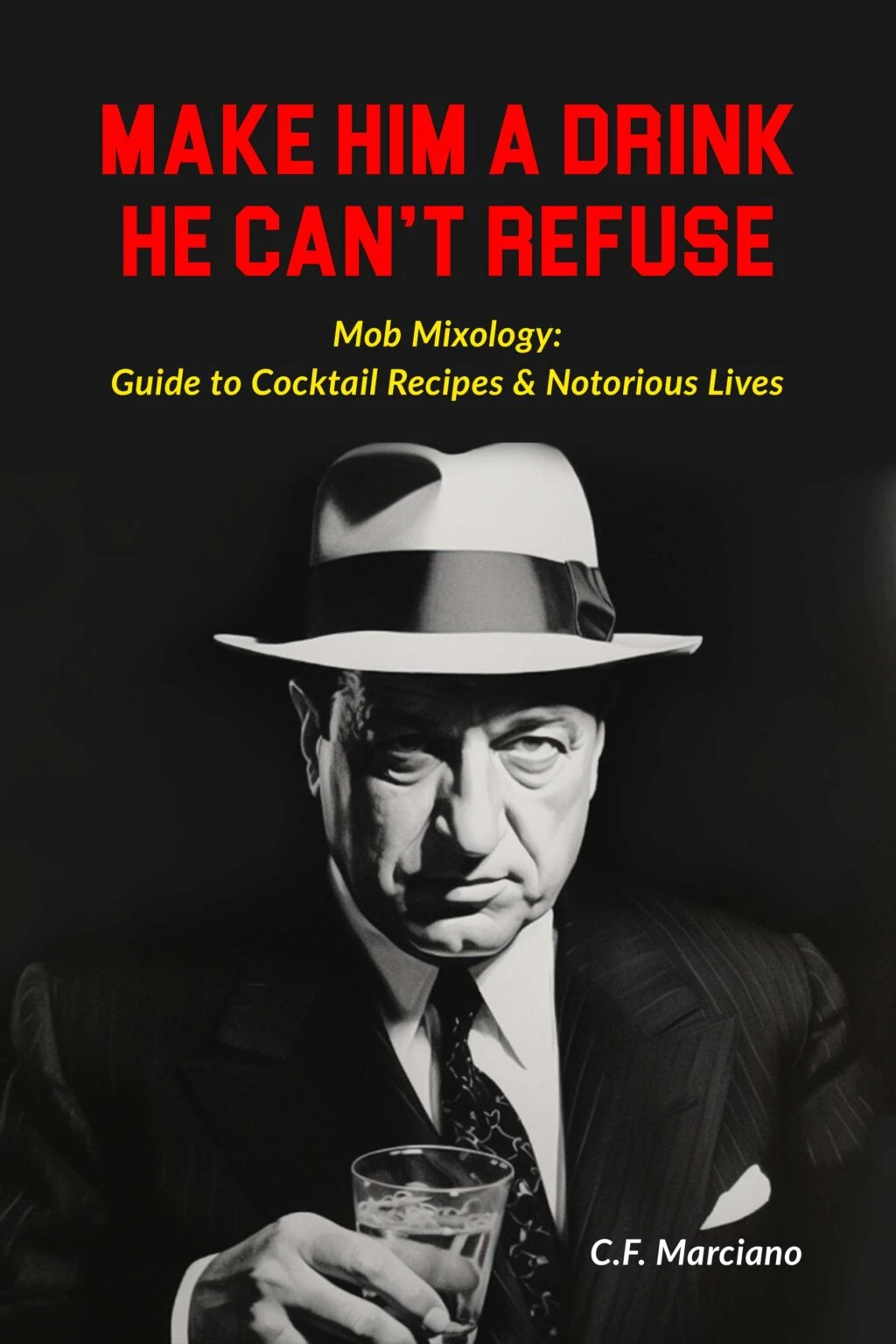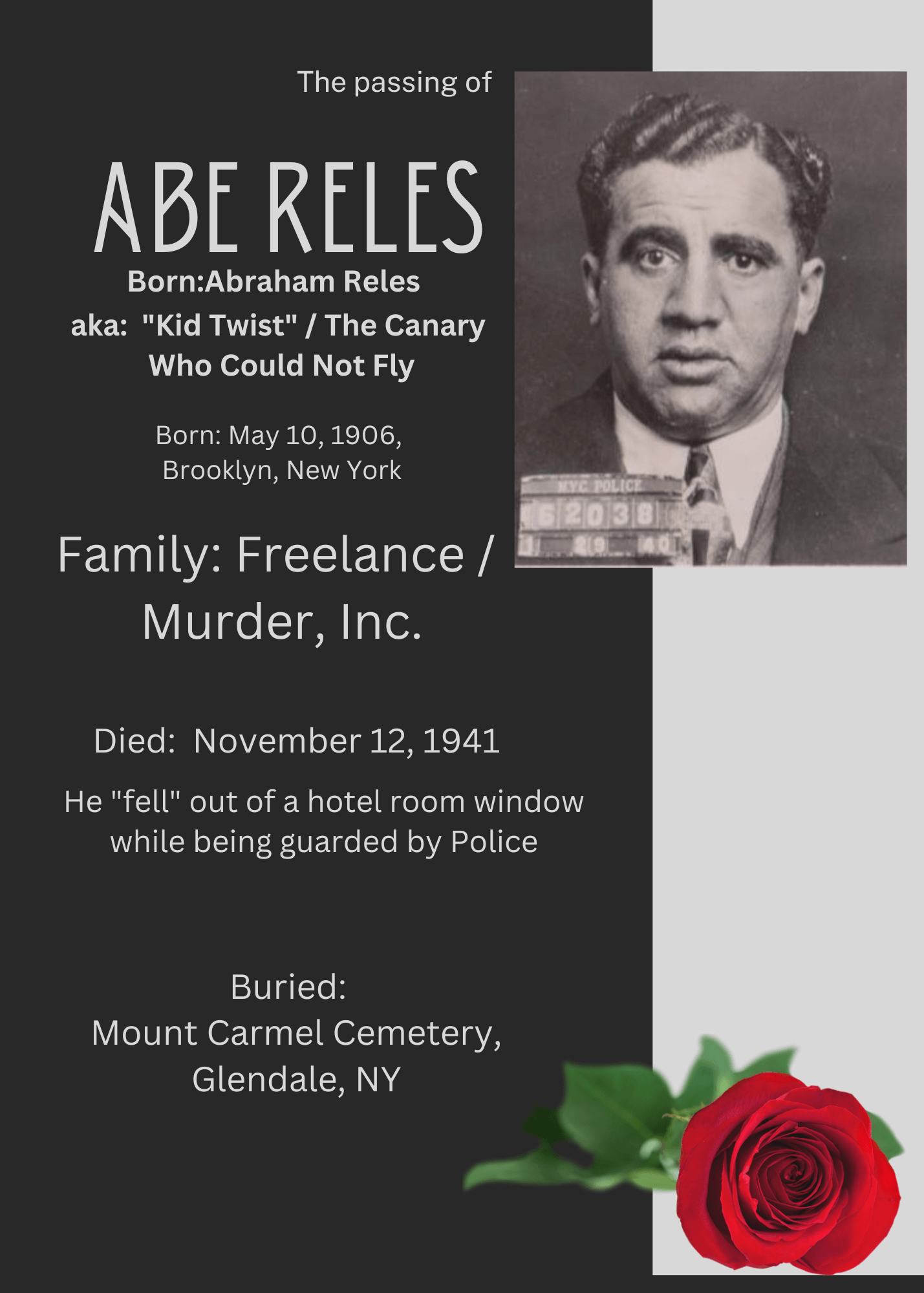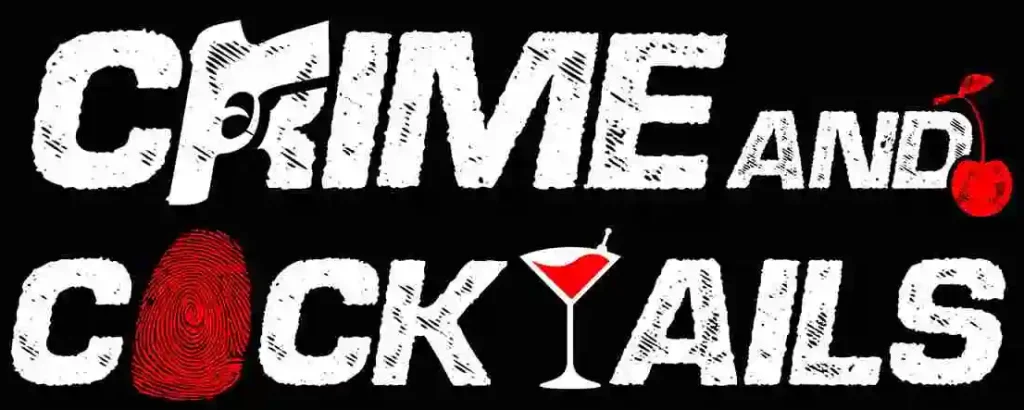On the evening of September 8, 1935, the walls of the Louisiana State Capitol echoed with gunfire. The larger-than-life Huey Long—senator, former governor, and self-styled savior of the common man—staggered down the hallway, blood seeping from his wounds. Aides rushed to his side, and he was swiftly transported to the hospital, where he underwent emergency surgery. Official history tells us that he was shot by Dr. Carl Weiss, a young physician with a grudge. But dig a little deeper, and a more sinister story emerges—one where Long’s own bodyguards may have been the executioners, and the Mafia the unseen hand pulling the strings.
The Kingfish and the Syndicate
Huey Long had long been in bed with the underworld. He had “worked closely with the Syndicate on everything from slot machines to casinos,” according to mobster Sam Giancana. His partners included some of the most powerful gangsters of the era: Carlos Marcello in New Orleans, Frank Costello, Lucky Luciano, and Meyer Lansky in New York, Santo Trafficante in Florida, and Paul Ricca in Chicago. For years, this alliance was mutually profitable—until Long’s appetite outgrew the pie.
By 1935, Long was demanding over $3 million a year in payoffs. He wasn’t betraying the Mafia; he was squeezing them dry. And in the world of organized crime, greed is an unforgivable sin. According to Giancana, Long had “gotten out of hand.” It was time to take him out.
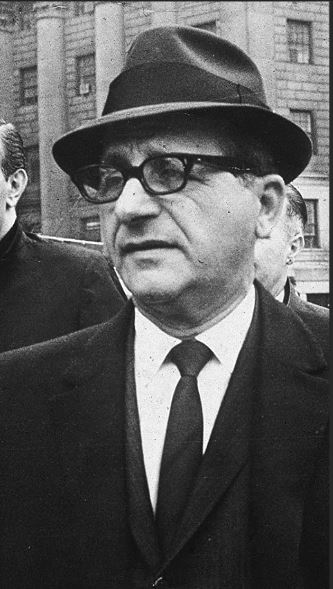
The Ambush at the Capitol
The official account claims that Carl Weiss, furious over Long’s efforts to unseat his father-in-law, Judge Benjamin Pavy, ambushed him in the Capitol hallway. Weiss allegedly fired a single shot into Long’s chest before Long’s bodyguards riddled him with bullets, killing him instantly. However, evidence suggests a very different scenario.
Weiss was an unlikely assassin. A mild-mannered doctor with no history of violence, he had recently returned from advanced medical training in Europe. His alleged murder weapon, a .32-caliber pistol, was later found under suspicious circumstances, having mysteriously appeared at the morgue. Witnesses, including a nurse who treated Long’s wounds, reported that Long had a bruised lip—consistent with a punch, not a gunshot. Long himself reportedly told the nurse, “That’s where he hit me.”
More damningly, forensic evidence later suggested that the bullet preserved as the one that killed Long did not match Weiss’s gun. If Weiss didn’t fire the fatal shot, then who did?
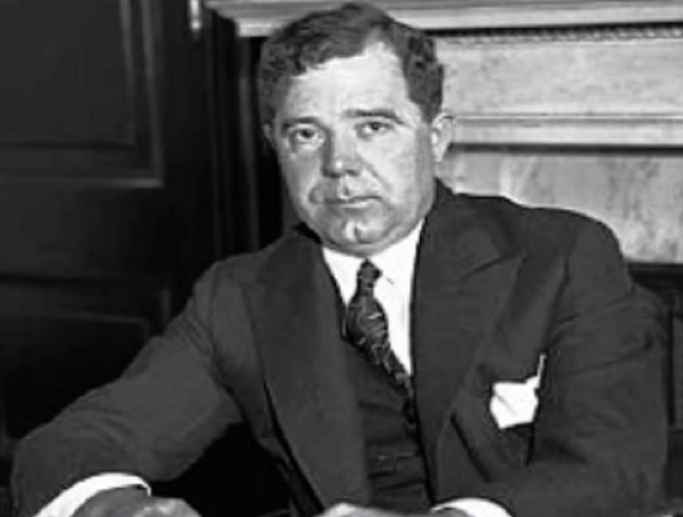
The Bodyguards’ Crossfire—or Execution?
Long’s bodyguards were known for their loyalty and their firepower. On the night of the shooting, they unleashed a hailstorm of bullets—over 30 rounds—into Weiss. But if Weiss had only fired once, why was Long hit multiple times?
Some believe that Long was caught in the crossfire, hit by ricocheting bullets from his own men. Others propose a darker theory: that the bodyguards executed Weiss as a cover-up after one of them intentionally killed Long.
Francis Grevemberg, head of the Louisiana State Police in the 1950s, swore in an affidavit that he overheard three state troopers admit that bodyguards Joe Messina and Murphy Roden had gunned down Weiss after he merely punched Long. Another affidavit from Colonel Grevemberg stated that Weiss’s gun was removed from his car and planted at the scene to frame him.
A 1993 forensic analysis concluded that Weiss’s body position at the time of death suggested he was in a defensive posture—hardly the stance of an assassin firing at point-blank range. Further, evidence suggests that the shooting inquest was a sham. The judge presiding over it later admitted he hadn’t even seen the shooting, and no autopsy or ballistics tests were conducted.
A Mafia Hit Disguised as an Assassination?
The sheer incompetence surrounding Long’s medical treatment only deepens suspicions. Long was rushed to Our Lady of the Lake Hospital, where initial surgery seemed to stabilize him. But within hours, his condition deteriorated due to massive internal hemorrhaging. Historians have suggested that his death was due to medical malpractice—some even calling it a “bungled” surgery. But what if his death wasn’t just negligence? What if it was orchestrated?
If the Mafia had infiltrated the police, could they have also reached into the hospital? After all, what better way to ensure Long didn’t survive to name his killers? With the bodyguard story firmly in place and no forensic evidence to challenge it, the Mafia’s role in his assassination would be buried beneath layers of official history.
The Cover-Up That Endures
Long’s allies moved quickly to cement the official story. A sham inquest on September 16, 1935, solidified the narrative that Weiss was the lone gunman. The lack of a proper investigation conveniently buried lingering questions.
Over the years, troubling details have continued to surface:
- The Missing Keys – Weiss’s car keys were never found in his pockets, suggesting someone had moved his car after the shooting.
- The “Extra” Bullet – In 1986, journalist Ed Reed reported that a second bullet was allegedly removed from Long’s body in secret, reinforcing the theory that he was shot more than once.
- The Confession That Never Came – In 1951, the son of a Long bodyguard claimed his father took him to a bar owned by Joe Messina, where his father accused Messina of killing Long. Messina refused to respond.
The Kingfish’s Fatal Mistake
Long’s ambition was legendary. His presidential aspirations terrified Franklin D. Roosevelt and his allies. His control over Louisiana was near-dictatorial. But in the end, it wasn’t politics that killed Huey Long—it was his insatiable greed. The Mafia tolerated many things, but a partner who overstepped his bounds was never one of them.
If the Mafia orchestrated Long’s assassination through his own bodyguards, it would be one of the most successful cover-ups in American history. Weiss was an easy patsy, his reputation smeared to protect the real conspirators. And with Long buried under a towering monument on the Capitol grounds, his body untouched by forensic inquiry, the truth remains locked away—another mystery lost to history, but whispered in the shadows of the underworld.
Perhaps the Kingfish’s greatest mistake wasn’t his greed—it was believing that he was untouchable.
A Creation of C.F. Marciano – The Boss Behind the Pen
Penned by the Infamous C.F. Marciano – A Name You Don’t Forget
